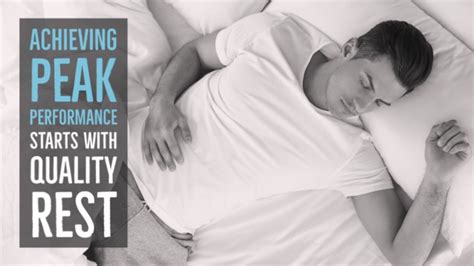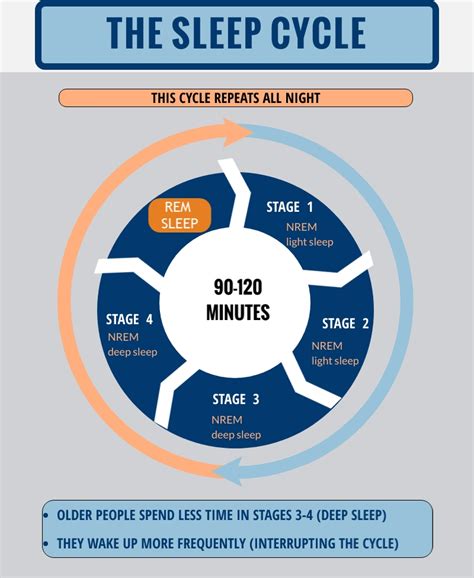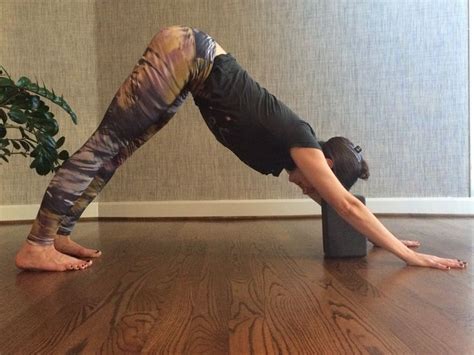How to optimize sleep for peak male performance & recovery?

The Critical Role of Sleep in Male Performance
In the pursuit of peak performance, whether in the gym, the boardroom, or daily life, men often overlook one of the most powerful tools at their disposal: sleep. Far from mere rest, quality sleep is a non-negotiable pillar of health, directly influencing hormone production, cognitive function, physical recovery, and overall vitality. For men, insufficient or poor-quality sleep can lead to decreased testosterone levels, impaired muscle repair, reduced mental acuity, and increased stress, sabotaging efforts to achieve optimal health and performance.

Understanding the Science of Sleep and Its Impact
Our bodies operate on a complex internal clock, the circadian rhythm, which dictates our sleep-wake cycle. When this rhythm is disrupted, the consequences can be profound. Sleep is broadly divided into REM (Rapid Eye Movement) and NREM (Non-Rapid Eye Movement) stages, each playing a vital role. Deep NREM sleep is crucial for physical repair, growth hormone release, and immune system strengthening, while REM sleep is essential for cognitive processing, memory consolidation, and emotional regulation. For men, these cycles directly impact testosterone production, which peaks during deep sleep.
Key Hormonal Connections
Testosterone, a primary male hormone, is significantly affected by sleep patterns. Studies show that even one week of restricted sleep (e.g., 5 hours per night) can reduce testosterone levels in healthy young men by 10-15%. Growth hormone, vital for muscle repair and fat metabolism, is also predominantly released during deep sleep. Conversely, poor sleep elevates cortisol, the stress hormone, which can further suppress testosterone and hinder recovery.

Pillars of Optimized Sleep for Men
1. Consistency is King: Establish a Regular Sleep Schedule
The most impactful step you can take is to go to bed and wake up at roughly the same time every day, even on weekends. This reinforces your circadian rhythm, making it easier to fall asleep and wake up naturally. Aim for 7-9 hours of quality sleep per night.
2. Optimize Your Sleep Environment
- Darkness: Block out all light. Even small amounts of light can disrupt melatonin production. Consider blackout curtains or a sleep mask.
- Cool Temperature: The optimal room temperature for sleep is typically between 60-67°F (15-19°C).
- Quiet: Minimize noise pollution. Earplugs or a white noise machine can be effective.
- Comfort: Invest in a supportive mattress and pillows.

3. Master Your Pre-Sleep Routine
- Wind-Down: Create a relaxing routine 60-90 minutes before bed. This could include reading, taking a warm bath, gentle stretching, or meditation.
- Screen Time: Avoid blue light emitting devices (smartphones, tablets, computers, TVs) at least an hour before bed. Blue light suppresses melatonin. If unavoidable, use blue light filters.
- Caffeine & Alcohol: Limit caffeine intake, especially after noon. Alcohol, while it might initially make you feel sleepy, disrupts sleep architecture later in the night, reducing REM sleep.
4. Nutrition, Hydration, and Exercise Considerations
- Balanced Diet: Avoid heavy, rich, or spicy meals close to bedtime. Opt for lighter, easily digestible foods if you must eat.
- Hydration: Stay well-hydrated throughout the day, but reduce fluid intake closer to bedtime to minimize nighttime bathroom trips.
- Exercise Timing: Regular physical activity improves sleep quality, but intense workouts too close to bedtime can be stimulating. Aim to finish vigorous exercise at least 3-4 hours before sleep.

5. Manage Stress and Mental Clutter
Stress and anxiety are major sleep disruptors. Incorporate stress-reducing techniques into your daily routine: mindfulness, meditation, deep breathing exercises, or journaling. Clearing your mind before bed can significantly improve sleep onset and quality.
Advanced Strategies for Enhanced Recovery
- Magnesium Supplementation: Many men are deficient in magnesium, which plays a role in muscle relaxation and sleep regulation. Consult a doctor before starting supplements.
- Morning Light Exposure: Get natural light exposure first thing in the morning to signal to your body that it’s daytime, helping to regulate your circadian rhythm.
- Napping Wisely: If you need to nap, keep it short (20-30 minutes) and early in the afternoon to avoid interfering with nighttime sleep.

Conclusion: Prioritizing Sleep for a Stronger You
Optimizing sleep is not a luxury; it’s a fundamental requirement for men aiming to unlock their full potential. By diligently applying these strategies – from establishing consistent routines and optimizing your environment to mindful pre-sleep practices – you can dramatically improve sleep quality. The dividends will be profound: enhanced physical performance, sharper cognitive function, accelerated recovery, balanced hormones, and a significantly improved quality of life. Make sleep a priority, and watch your performance soar.









